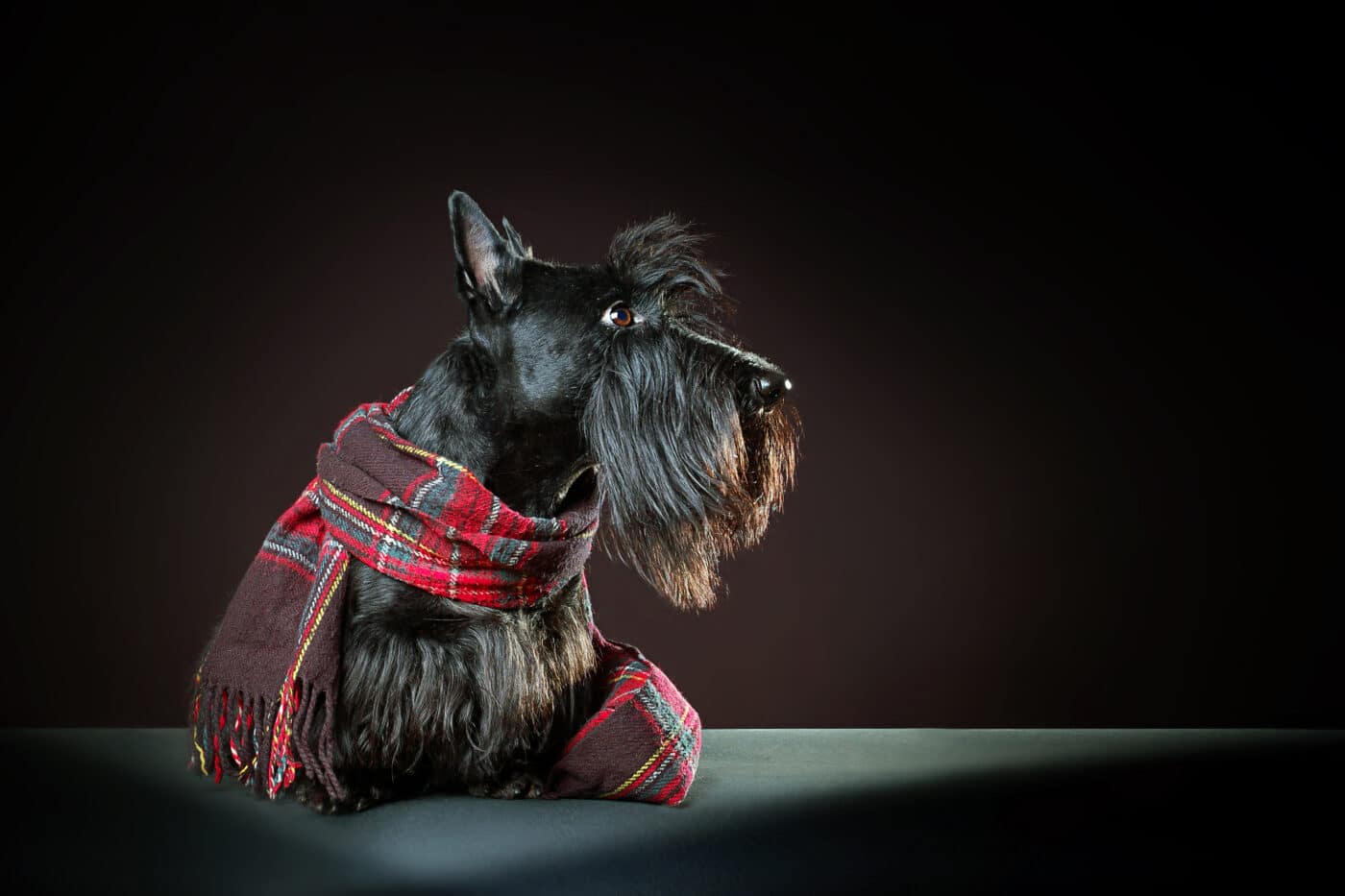 Shutterstock
Shutterstock
When people think of dogs, they often picture affectionate companions who love human interaction. However, some breeds are naturally more independent, preferring to make their own decisions. These self-reliant dogs are often more aloof, requiring less attention from their owners. Though they still show loyalty and affection, their independent nature separates them from more dependent breeds. These dogs thrive in environments that allow them autonomy and are perfectly content entertaining themselves without constant attention, making them unique and confident companions.
Shiba Inu
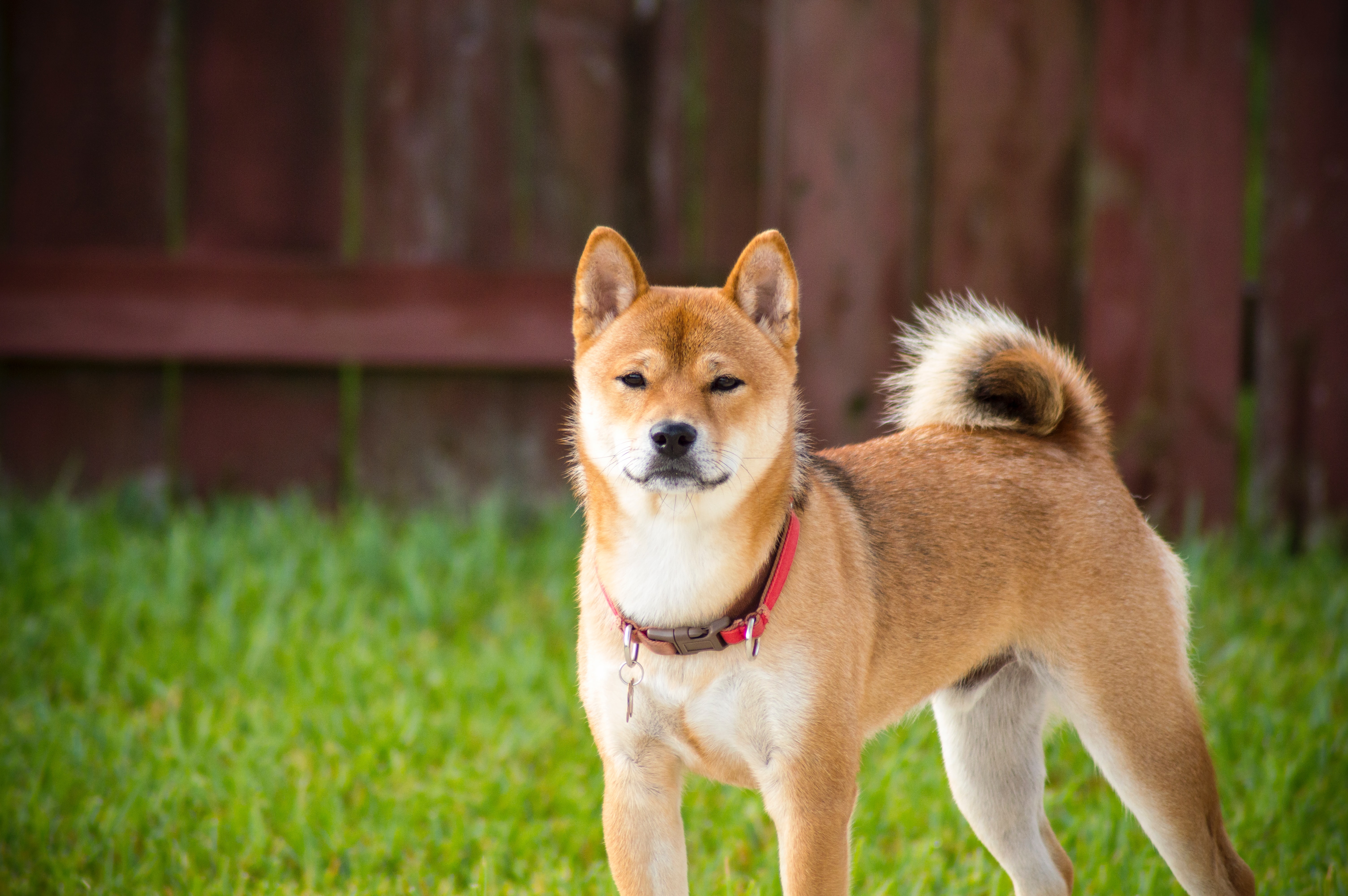 Shutterstock
Shutterstock
The Shiba Inu is often called a “cat-like” dog due to its aloof and independent nature. Originating from Japan, the Shiba Inu is known for its strong-willed personality and self-reliance. Shibas are not the type of dog to constantly seek attention or affection from their owners. Instead, they enjoy spending time independently and doing things on their own terms. They are highly intelligent and often prefer to observe their surroundings rather than immediately jump into action. While loyal and protective of their families, Shiba Inus are perfectly content with their space and time.
Basenji
 Shutterstock
Shutterstock
The Basenji, also known as the “barkless dog,” is another breed that embodies independence. Originating from Central Africa, the Basenji was bred to hunt game and track down prey independently, without relying on human guidance. This breed is known for its self-sufficient and independent personality. Basenjis are curious, intelligent, and quite stubborn at times, often choosing to follow their instincts rather than obey commands. They are not as clingy as other dogs and tend to enjoy exploring their environment on their own. While they form strong bonds with their families, Basenjis often prefer to solve problems and entertain themselves, making them one of the most independent dog breeds.
Afghan Hound
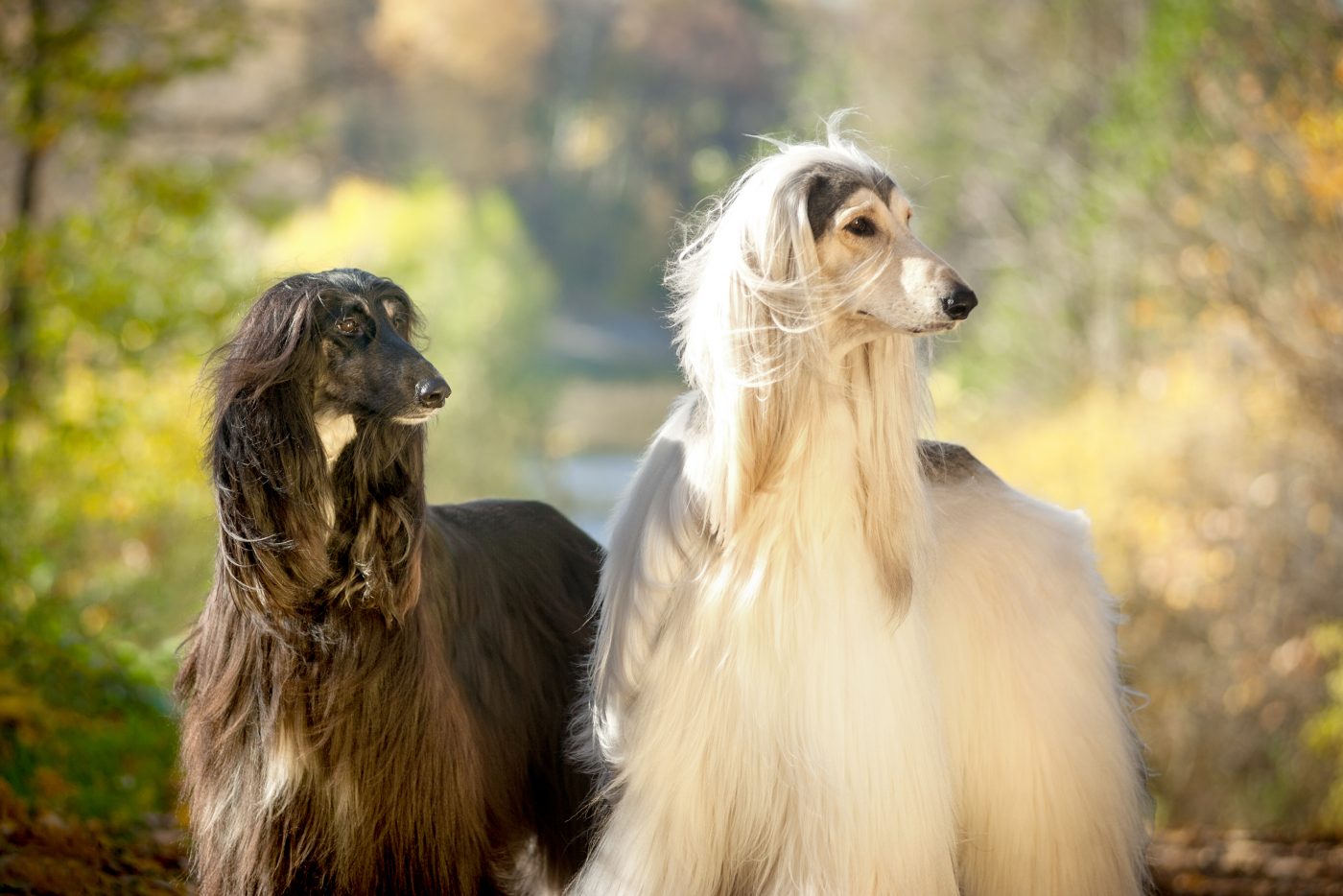 Shutterstock
Shutterstock
Known for their beauty and grace, Afghan Hounds are also renowned for their independent streak. Originally bred in Afghanistan to hunt large game across vast terrains, Afghan Hounds had to rely on their own instincts and intelligence during hunts. This breed is known for its aloof and dignified demeanor, often choosing to observe rather than participate in social activities. Afghan Hounds are not as eager to please as other breeds, and their independent nature can challenge training. However, they are loyal to their families and enjoy companionship on their own terms. Their regal appearance is matched by their self-assured and autonomous personality.
Akita
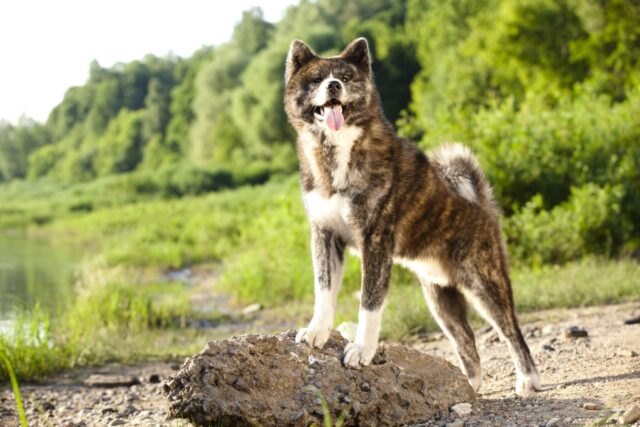 Shutterstock
Shutterstock
The Akita is another breed known for its independence and strong-willed personality. Originating in Japan, Akitas were historically used for guarding and hunting, requiring them to be brave and self-reliant. Akitas are naturally protective and loyal to their families but are not overly affectionate or needy. They are often reserved with strangers and can be quite aloof, preferring to observe rather than interact. Akitas are intelligent and strong-willed, making them independent thinkers who can sometimes challenge authority. However, their independence is balanced by their deep loyalty to their families, making them both courageous protectors and self-sufficient companions.
Siberian Husky
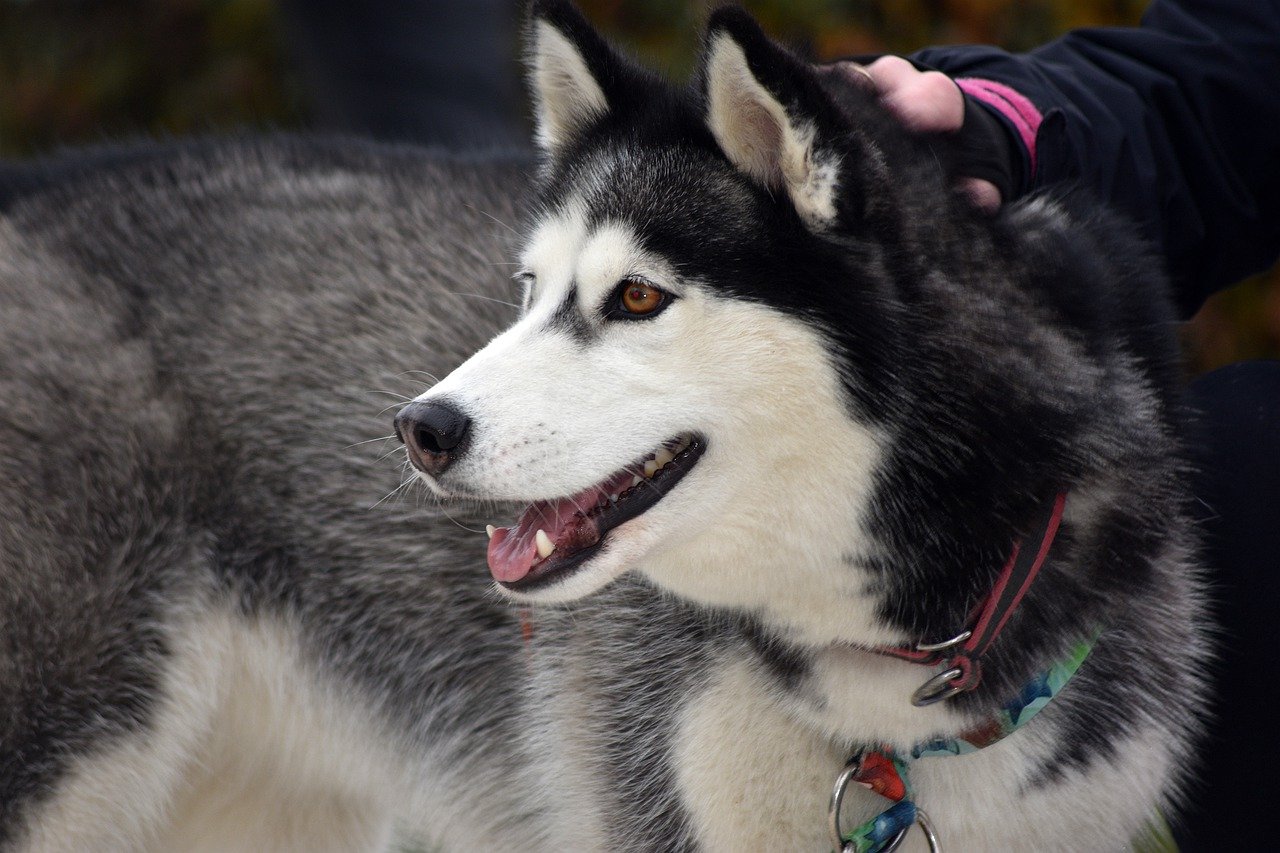 Shutterstock
Shutterstock
Siberian Huskies are known for their energetic and adventurous nature but are also highly independent dogs. Bred to pull sleds across long distances in harsh conditions, Siberian Huskies developed a strong sense of self-reliance and endurance. They are intelligent and resourceful, often relying on their instincts to make decisions. While Huskies are affectionate with their families, they are not clingy or overly dependent. Their strong prey drive and curiosity mean they are always eager to explore and often prefer to do so on their own terms. Huskies are also known for being escape artists, using their intelligence and determination to find ways out of confined spaces. Their independent spirit makes them a breed that thrives on adventure and autonomy.
Chow Chow
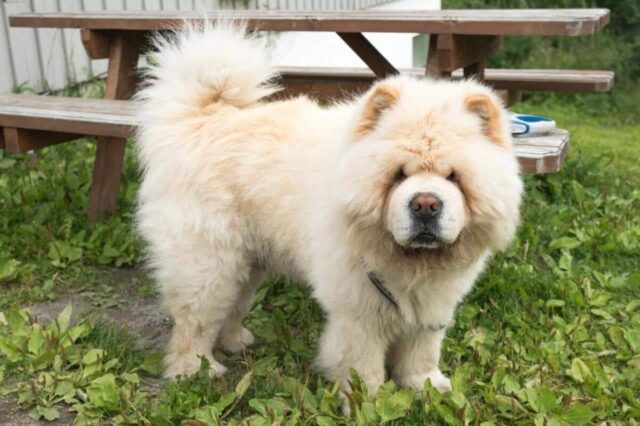 Shutterstock
Shutterstock
Chow Chows are known for their lion-like appearance and aloof personalities. This ancient breed from China is one of the most independent dog breeds, often compared to cats for their reserved and self-sufficient nature. Chow Chows are not particularly interested in pleasing their owners and prefer to do things at their own pace. They are intelligent but can be stubborn, often choosing to follow their own instincts rather than obey commands. Chow Chows are not overly affectionate and may appear distant sometimes, but they are deeply loyal to their families. Their independent nature makes them low-maintenance companions who enjoy spending time alone.
Scottish Terrier
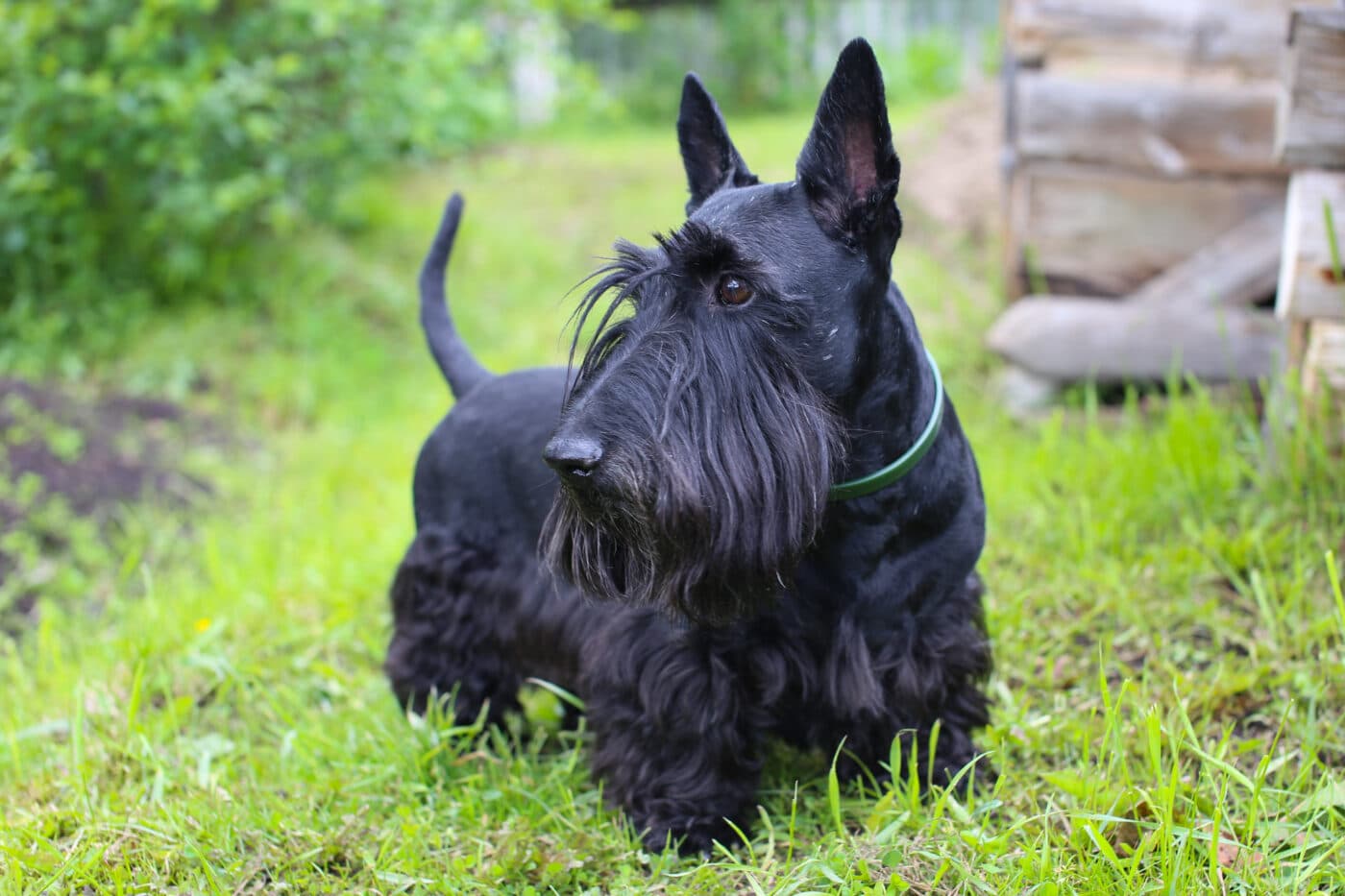 Shutterstock
Shutterstock
The Scottish Terrier, or “Scottie,” is a small but independent breed with a bold and confident personality. Originally bred to hunt small game, Scotties are known for their strong-willed and determined nature. They are intelligent and curious dogs who like exploring their surroundings and making decisions. Scotties are not overly needy and are content to spend time alone, making them a great choice for owners who appreciate a more self-sufficient pet. While loyal and affectionate with their families, Scotties are not known for being overly clingy or dependent. Their independent streak makes them charming and sometimes stubborn, but they are always dignified and proud.
Lhasa Apso
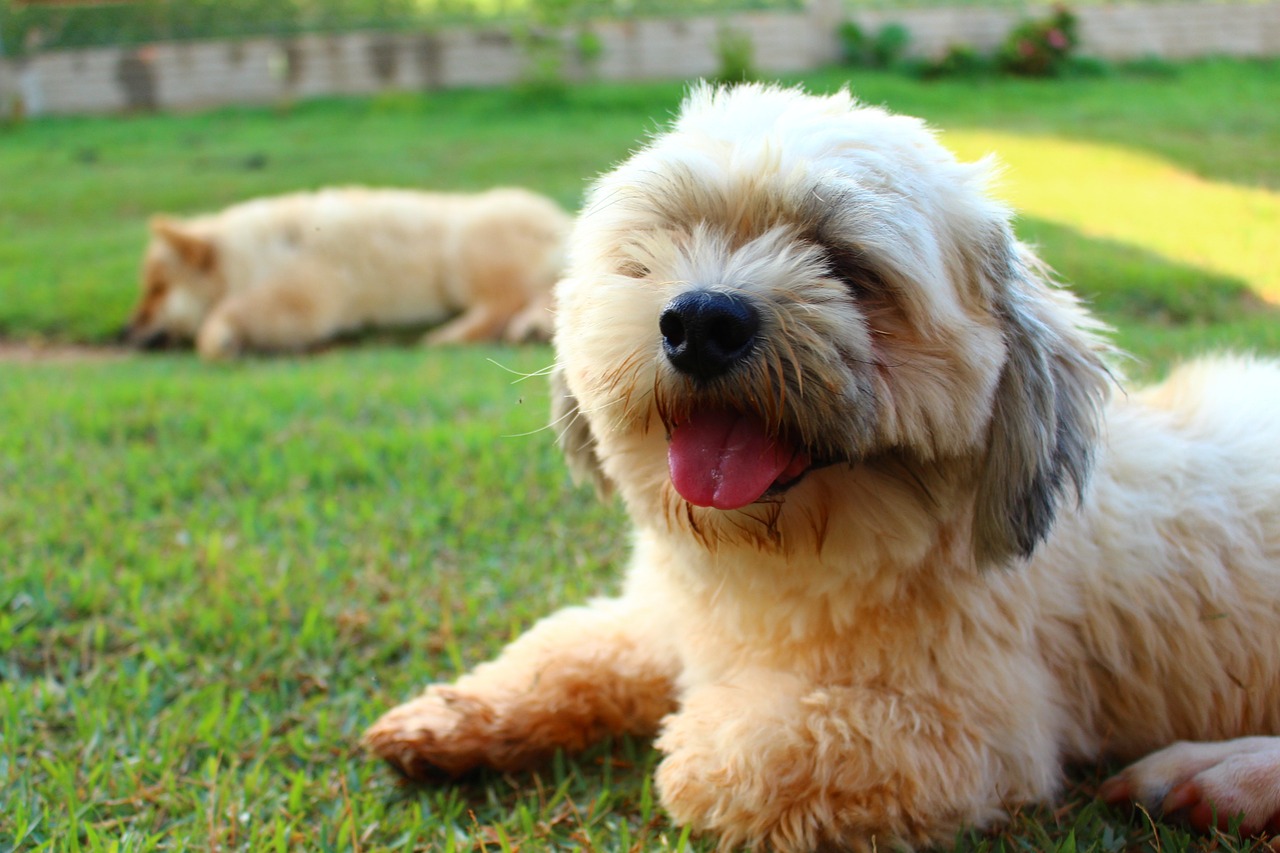 Shutterstock
Shutterstock
The Lhasa Apso, originally from Tibet, is another breed known for its independence. Bred to be a guard dog in monasteries and homes, the Lhasa Apso developed a strong sense of autonomy and alertness. These small dogs are intelligent and confident, often calm and aloof. Lhasa Apsos are not as eager to please as other breeds and prefer to approach situations on their own terms. They are independent thinkers and somewhat stubborn, but they are also loyal and protective of their families. Lhasa Apsos enjoy their space and are not overly needy, making them well-suited for owners who appreciate a more reserved and self-sufficient companion.
Alaskan Malamute
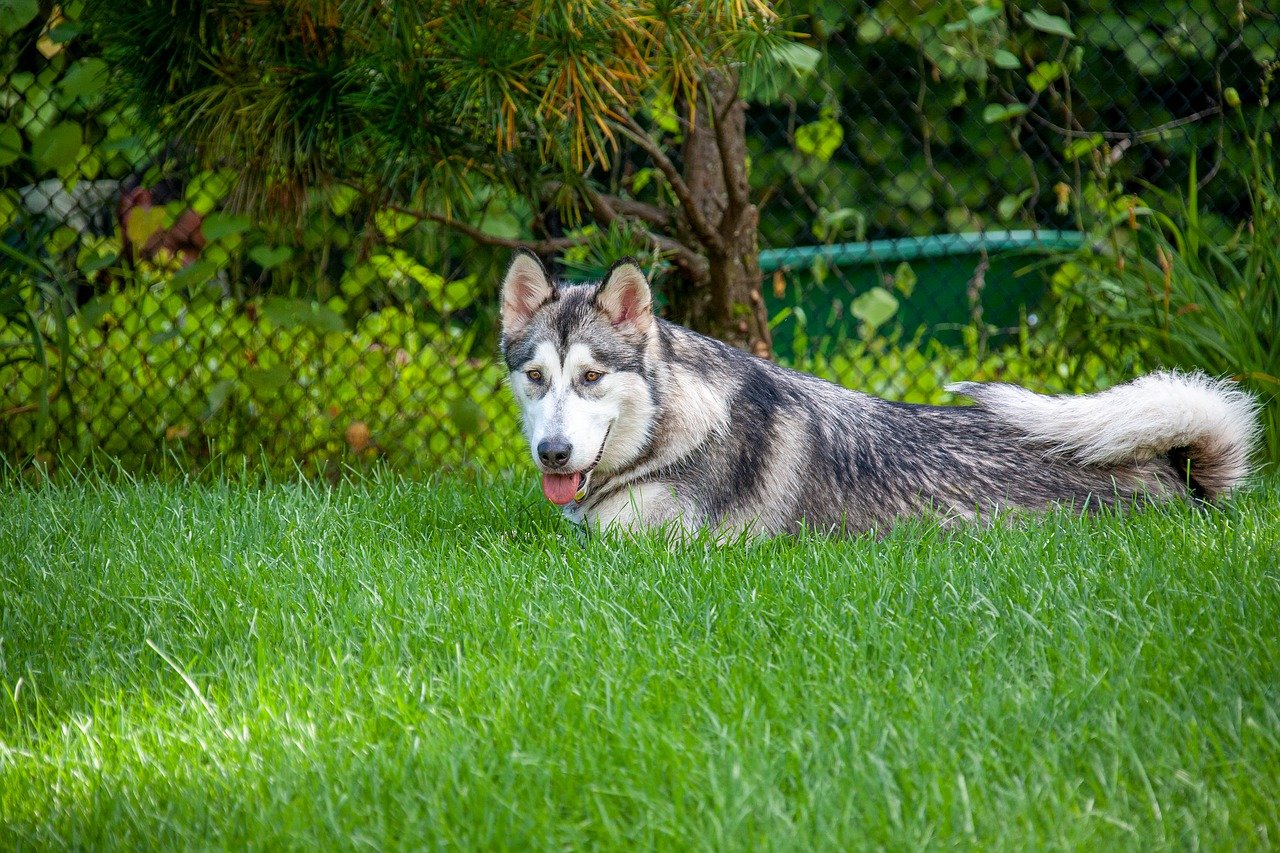 Shutterstock
Shutterstock
The Alaskan Malamute, a cousin to the Siberian Husky, is another breed with a strong independent streak. Bred for pulling heavy sleds across long distances, Malamutes had to rely on their own instincts and intelligence to survive in harsh conditions. This breed is highly intelligent and resourceful, often finding ways to solve problems independently. Malamutes are affectionate with their families but are not clingy or overly dependent. They have a strong sense of self-reliance and enjoy exploring their surroundings. Like Huskies, Malamutes are known for their ability to escape from enclosed spaces, and their adventurous nature means they are always seeking new challenges. Their independence makes them strong-willed and capable, thriving in environments where they can exercise autonomy.
Shar Pei
 Shutterstock
Shutterstock
The Shar Pei is a unique and independent breed known for its wrinkled skin and dignified personality. Originating from China, the Shar Pei was used for guarding, herding, and hunting, developing a strong sense of self-reliance. Shar Peis are naturally aloof and reserved, often preferring to observe rather than engage in social activities. They are not particularly interested in pleasing their owners and tend to approach situations calmly and thoughtfully. Shar Peis are intelligent and independent thinkers, making them less likely to follow commands without question. However, they are loyal and protective of their families, and their independent nature makes them low-maintenance companions.
The Independent Canines of the Dog World
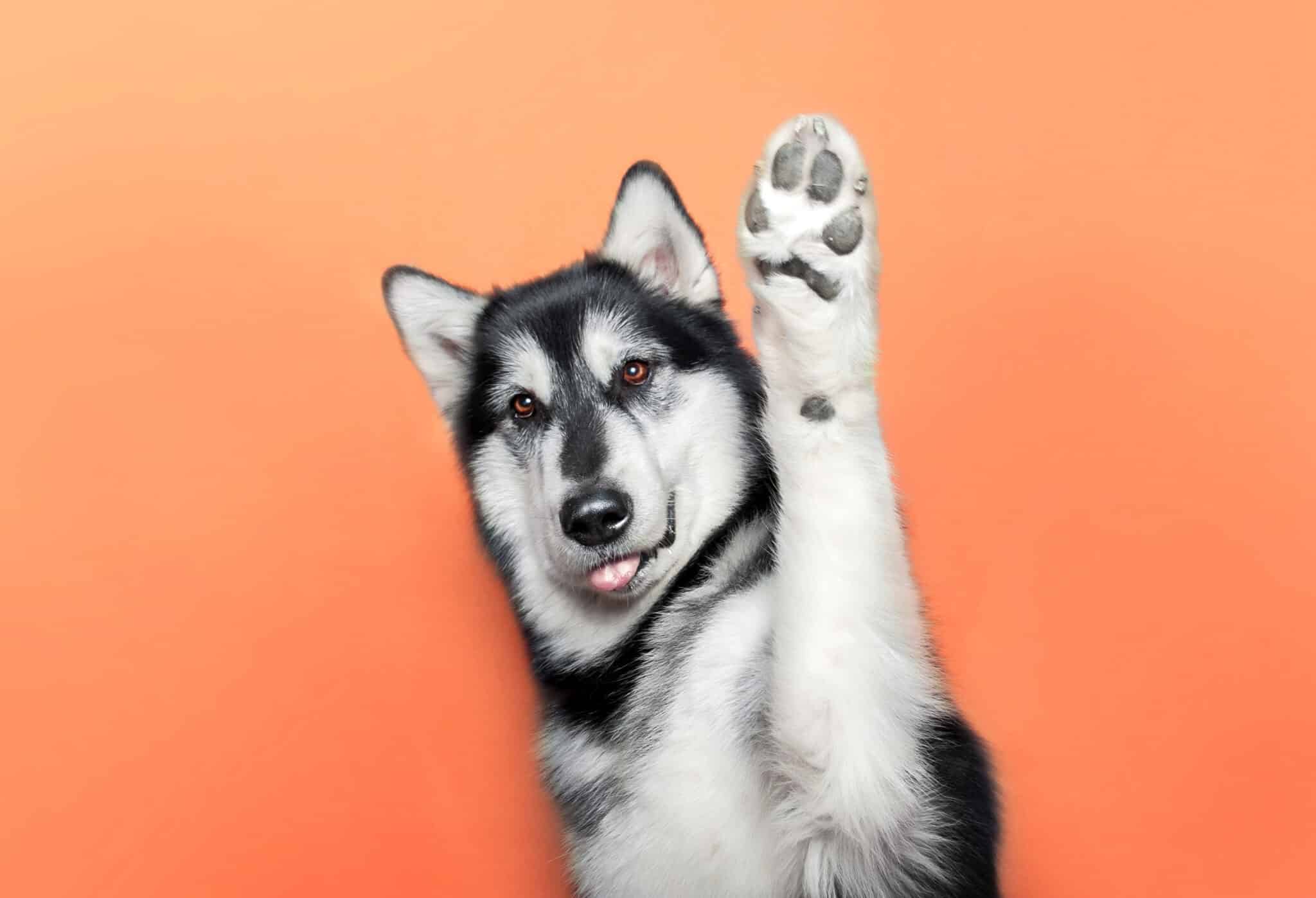 Shutterstock
Shutterstock
These breeds, each with their unique personalities and a strong sense of autonomy, are some of the most independent dogs on earth. While they may not be as needy or attention-seeking as other breeds, their self-reliant nature doesn’t mean they lack loyalty or affection. These dogs thrive in environments where they can maintain independence, making them excellent companions for owners who appreciate a more low-maintenance, self-sufficient pet. From the regal Afghan Hound to the determined Scottish Terrier, these independent breeds offer a perfect balance of intelligence, loyalty, and autonomy.
 Toledo, United States.
Toledo, United States.